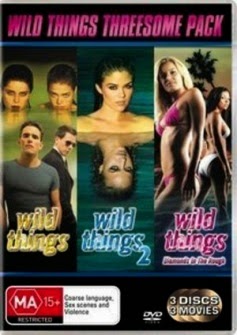The Man Who Knew Too Much is the only film Hitchcock ever remade. I wonder if that was a positive or negative thing. Did he like the premise so much he wanted to update it, twenty years later? Or was he dissatisfied with the original?
I saw the remake some years ago and wasn't terribly impressed by it. The dilemma at the core of the film - a husband and wife learn that details of a political assassination that is going to take place and the plotters try to force them to remain silent about it by kidnapping their child - seemed rather contrived to me, for one thing. Particularly since the villains allow the parents to get away with all manner of other efforts to thwart their scheme, because apparently that's okay, it's just talking to the authorities that is out.
The original suffers from the same problem, but it avoids some of the other missteps made by the remake: it doesn't overstay its welcome (it's 75 minutes instead of the later version's 120), it doesn't cast Doris Day as a dramatic lead (she was a capable comic actress, but she wasn't terribly good the remake of this), and it casts a very young Peter Lorre as the main villain. It's easier to overlook an unlikely plot in those circumstances.
This version also has the charm of being exceedingly British. At one point the husband is being held at gunpoint by the villains and yet everyone remembers all their pleases and thank yous and other social niceties. It's the most polite band of antagonists you'll ever see.
The other thing I liked was that the wife character gets a more active role in this than the remake. She's still definitely secondary to the husband, but less so. Interesting that things went backward on that front twenty years later.
This is worth checking out as an early example of Hitchcock's work, and it's in the public domain so it is pretty easy to find very cheaply. Or you can just watch it on youtube.

























